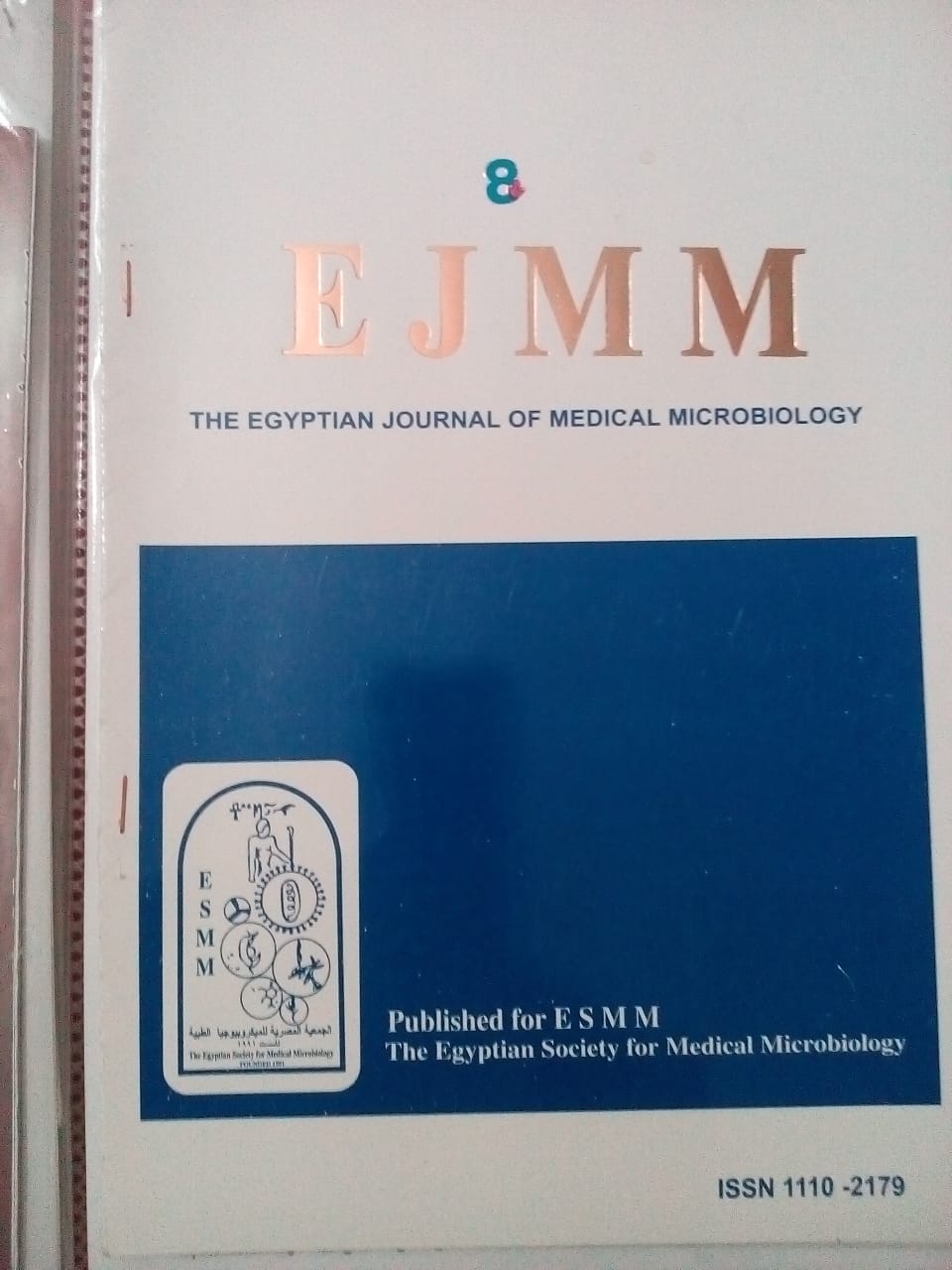Background: Although Helicobacter pylori is considered one of the most common bacterial infections worldwide, its mode of transmission is still unclear. Previous studies concerning factors associated with increasing risk for H. pylori infection gave contradictory results.
Aims: The aims of this study were to determine the proportion of H. pylori seropositivity among a randomly selected out-patients sample in Sohag University Hospital and to study the possible association of some demographic, socioeconomic, cultural, behavioral and environmental factors with H. pylori infection. Subjects and Methods: Seventy-eight subjects were included. They were residents of different urban and rural areas in Sohag Governorate. Complete medical history including detailed personal history was obtained. A study sheet was designed to record special habits, occupation, special dietary habits, environmental aspects as water supply, garbage disposal and housing conditions. Clinical examination was done and blood samples were obtained for serological testing for anti-H. pylori IgG antibodies using IMMULITE analyzer. Results: Anti-H. pylori IgG was positive in 56.4% of the studied sample. Among the studied variables, only age >40 ys and being married were significantly associated with increased risk for seropositivity (OR=3.04; P=0.02 and OR=3.37; P=0.01 respectively). Factors associated with a raised but insignificant risk were: female sex (OR=1.4; P=0.45), manual work (OR=3.02; P=0.17), more than one person sharing a bed (OR=1.36; P=0.62) and in-street disposal of garbage (OR=1.53; P=0.51). H. pylori seroprevalence was inversely associated with education level. Conclusions: Among all the studied variables, age > 40, being married, female gender, manual work, garbage disposal in street, sharing a bed by more than one person are associated with increased risk for H. pylori seropositivity. Larger studies are needed to confirm these results. Studying environmental, cultural and socioeconomic conditions during childhood as well as serological studies of family members are all needed in a trial to clarify the possible role of intra-familial transmission of H. pylori.


